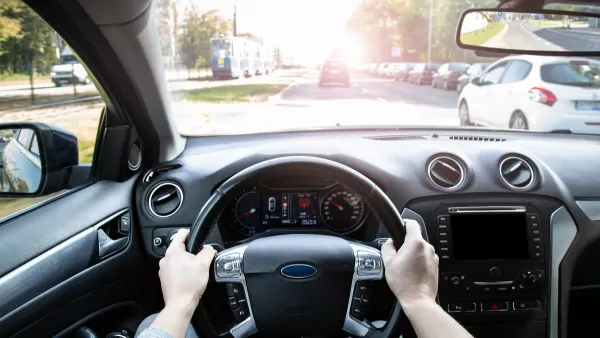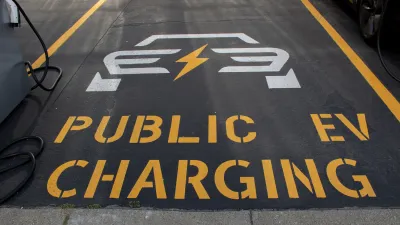We're likely witnessing the beginning of the slow decline of a technology that's defined our transportation and land use policies for a century - the private car. Emily Badger explains how unnoticed events produce socio-technical transitions.
“We’re probably closer to the end of the automobility era than we are to its beginning,” says Maurie Cohen, an associate professor in the Department of Chemistry and Environmental Science at the New Jersey Institute of Technology. “If we’re 100 years into the automobile era, it seems pretty inconceivable that the car as we know it is going to be around for another 100 years.”
"Sitting in the present, automobiles are so embedded in society that it’s hard to envision any future without them," writes Badger. "But no technology – no matter how essential it seems in its own era – is ever permanent. Consider, just to borrow some examples from transportation history, the sailboat, the steamship, the canal system, the carriage, and the streetcar."
“There’s not going to be a cataclysmic moment,” Cohen says of what’s coming for the car. “Like any other technology that outlives its usefulness, it just sort of disappears into the background and we slowly forget about it.”
FULL STORY: What the Steamship and the Landline Can Tell Us About the Decline of the Private Car

Planetizen Federal Action Tracker
A weekly monitor of how Trump’s orders and actions are impacting planners and planning in America.

Chicago’s Ghost Rails
Just beneath the surface of the modern city lie the remnants of its expansive early 20th-century streetcar system.

San Antonio and Austin are Fusing Into one Massive Megaregion
The region spanning the two central Texas cities is growing fast, posing challenges for local infrastructure and water supplies.

Since Zion's Shuttles Went Electric “The Smog is Gone”
Visitors to Zion National Park can enjoy the canyon via the nation’s first fully electric park shuttle system.

Trump Distributing DOT Safety Funds at 1/10 Rate of Biden
Funds for Safe Streets and other transportation safety and equity programs are being held up by administrative reviews and conflicts with the Trump administration’s priorities.

German Cities Subsidize Taxis for Women Amid Wave of Violence
Free or low-cost taxi rides can help women navigate cities more safely, but critics say the programs don't address the root causes of violence against women.
Urban Design for Planners 1: Software Tools
This six-course series explores essential urban design concepts using open source software and equips planners with the tools they need to participate fully in the urban design process.
Planning for Universal Design
Learn the tools for implementing Universal Design in planning regulations.
planning NEXT
Appalachian Highlands Housing Partners
Mpact (founded as Rail~Volution)
City of Camden Redevelopment Agency
City of Astoria
City of Portland
City of Laramie





























